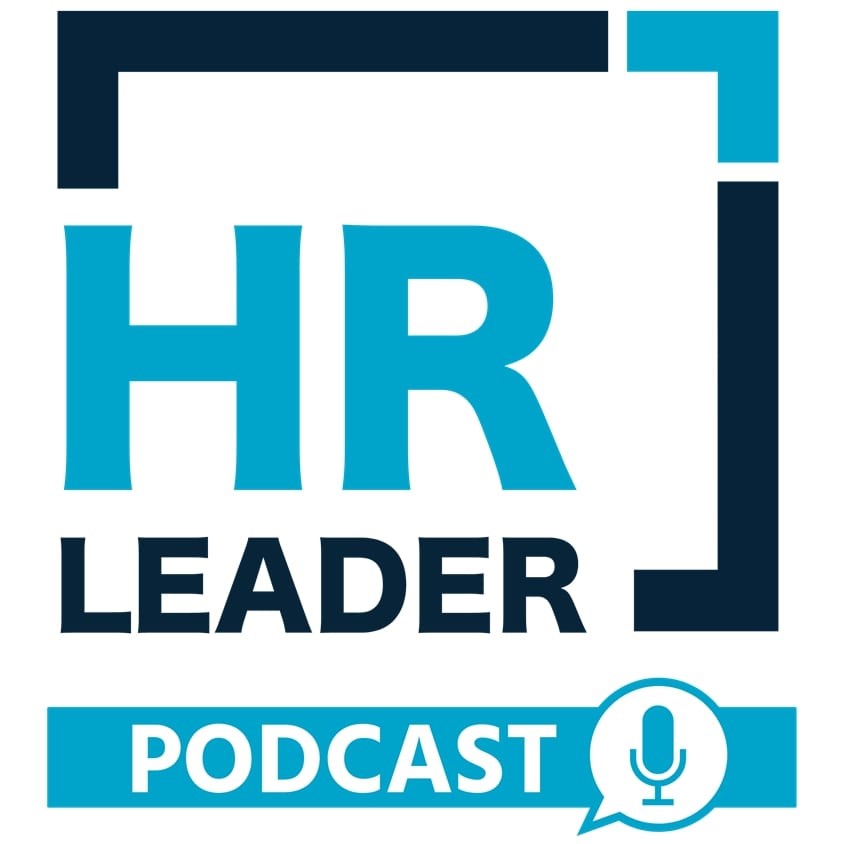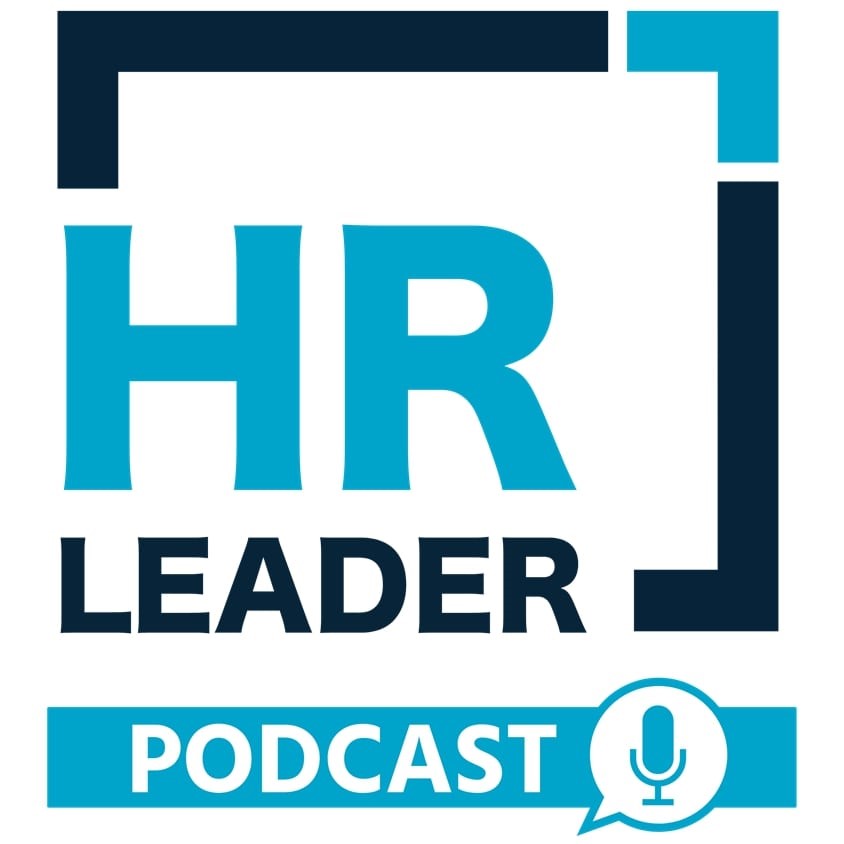Unlocking success: Strategies for building and developing high-performing teams
Driving growth should be on every leader’s mind, however, with the uneasiness of the modern workforce and the challenges that come with that, leveraging growth can be difficult. Helping to break down these barriers is Damien Andreasen, HiBob’s vice president APJ. In this episode of The HR Leader, he reflects on his experiences in building high-performing work teams, both during his time at HiBob and in previous roles. Continuous development and upskilling have only become more important as tech advancements require teams to be educated and up to date on digitally evolving processes. However, there is a clear opportunity, says Andreasen, as this tech can facilitate effective growth. Purpose, culture, and engagement are crucial aspects of business that are becoming increasingly important considerations for candidates, with Andreasen noting that these components can be utilised to drive performance. Also under discussion is the importance of communication, and how processes can break down when lines of communication aren’t upheld. Andreasen touches on his experiences at both start-ups and large organisations, and how many themes overlap, no matter the size of the company. For leaders looking to drive growth, he says that a vision needs to be established, and that vision needs to be clearly communicated as early as the hiring process. One major challenge in the modern workforce is the multigenerational cohort of employees. Rather than seeing this as a challenge, it should be seen as an opportunity, as these differences can create diversity of thought, which can drive creativity and innovation.

22m

























































